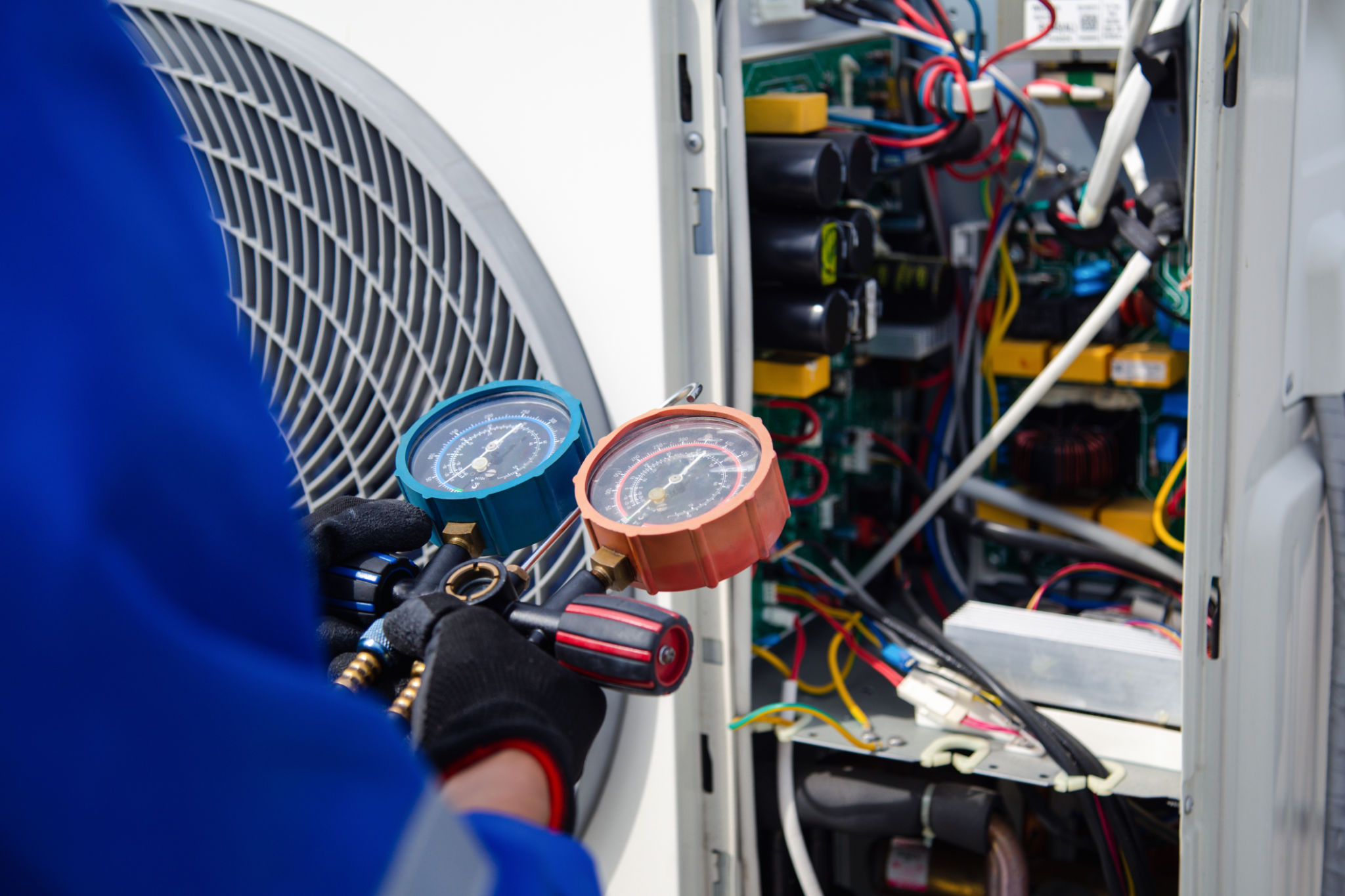Understanding Local HVAC Regulations in Travis County
Introduction to HVAC Regulations
For homeowners and businesses in Travis County, understanding local HVAC regulations is crucial for ensuring compliance, safety, and efficiency. As the demand for heating, ventilation, and air conditioning (HVAC) systems continues to grow, staying informed about the local codes and standards can help avoid potential pitfalls and legal issues.
Why Compliance Matters
Adhering to local HVAC regulations is not just about following the law; it's about ensuring the safety and efficiency of your HVAC systems. Non-compliance can lead to fines, increased energy bills, and potential safety hazards. For property owners, understanding these regulations can also affect property value and insurance premiums.

Key Regulatory Bodies
In Travis County, several regulatory bodies oversee HVAC regulations. This includes the Texas Department of Licensing and Regulation (TDLR) and local municipal authorities. These organizations set the standards for installation, maintenance, and certification of HVAC systems.
Understanding Permits and Licenses
Before installing or modifying an HVAC system, it's essential to obtain the necessary permits. The type of permit required often depends on the scope of the project. For example:
- Residential Permits: Needed for most home installations or significant alterations.
- Commercial Permits: Required for business premises, often with more stringent requirements.
Additionally, contractors must hold a valid license to perform HVAC work in Texas. This ensures that they have the necessary skills and knowledge to comply with state and local regulations.
Energy Efficiency Standards
One of the critical aspects of HVAC regulations is energy efficiency. Travis County aligns with state mandates to reduce energy consumption and promote sustainability. This involves adhering to specific standards for equipment performance and installation practices.

Inspection and Maintenance Requirements
Regular inspections are mandatory under local regulations to ensure that HVAC systems function efficiently and safely. These inspections can identify potential issues before they become costly repairs. Maintenance requirements often include:
- Annual Inspections: To ensure system components are in good working order.
- Filter Replacements: At regular intervals to maintain air quality and system efficiency.
Staying Updated with Changes
Regulations can change, and staying informed is vital for compliance. Property owners and contractors should regularly check with local authorities or professional associations for updates on rules and standards. Attending industry workshops or seminars can also be beneficial.

Conclusion: Importance of Professional Guidance
Navigating HVAC regulations in Travis County can be complex, but professional guidance can ease the process. Hiring a licensed HVAC contractor ensures compliance with all local codes and helps maintain system efficiency. By understanding and adhering to these regulations, homeowners and businesses can ensure safety, efficiency, and peace of mind.
